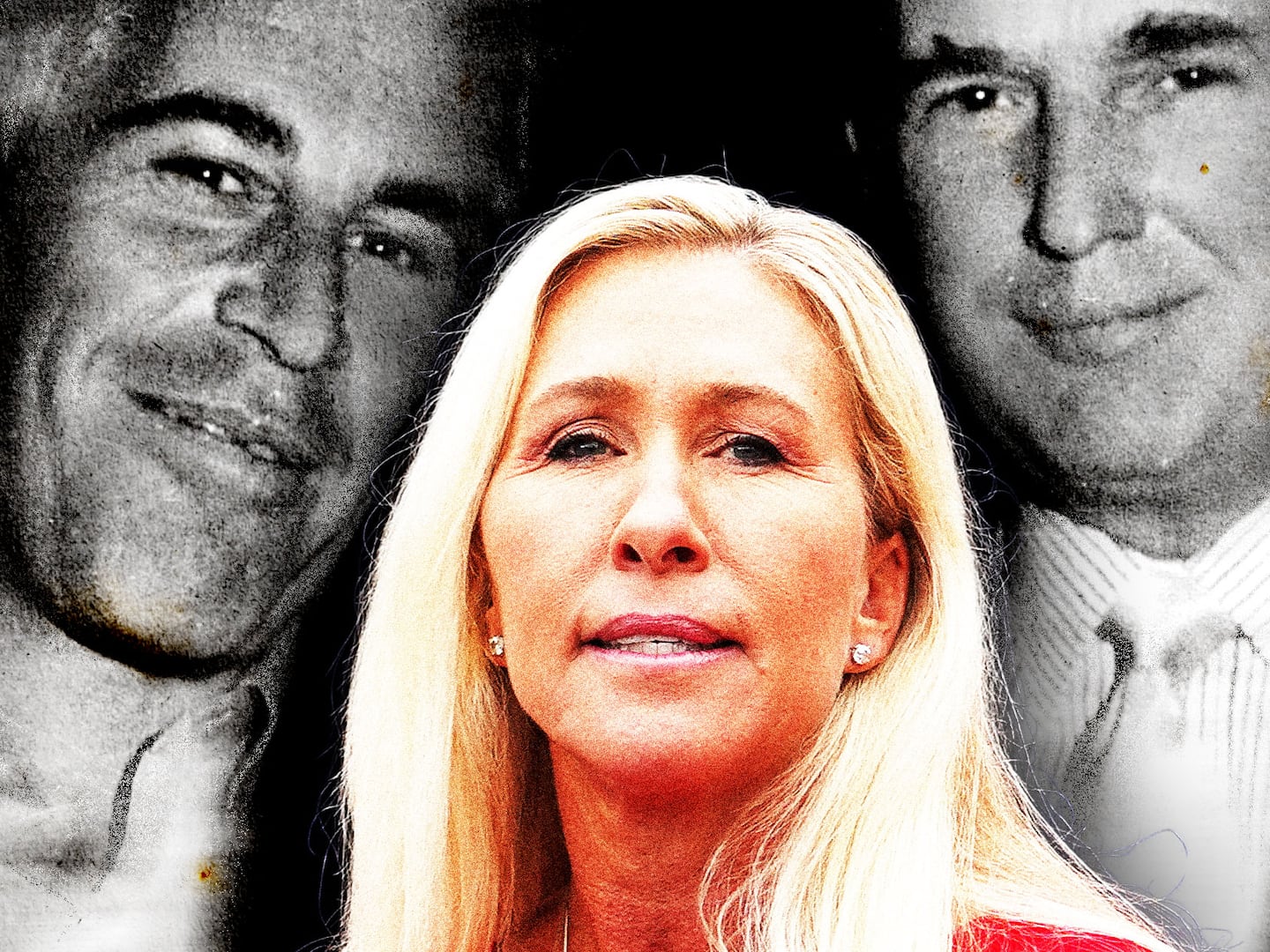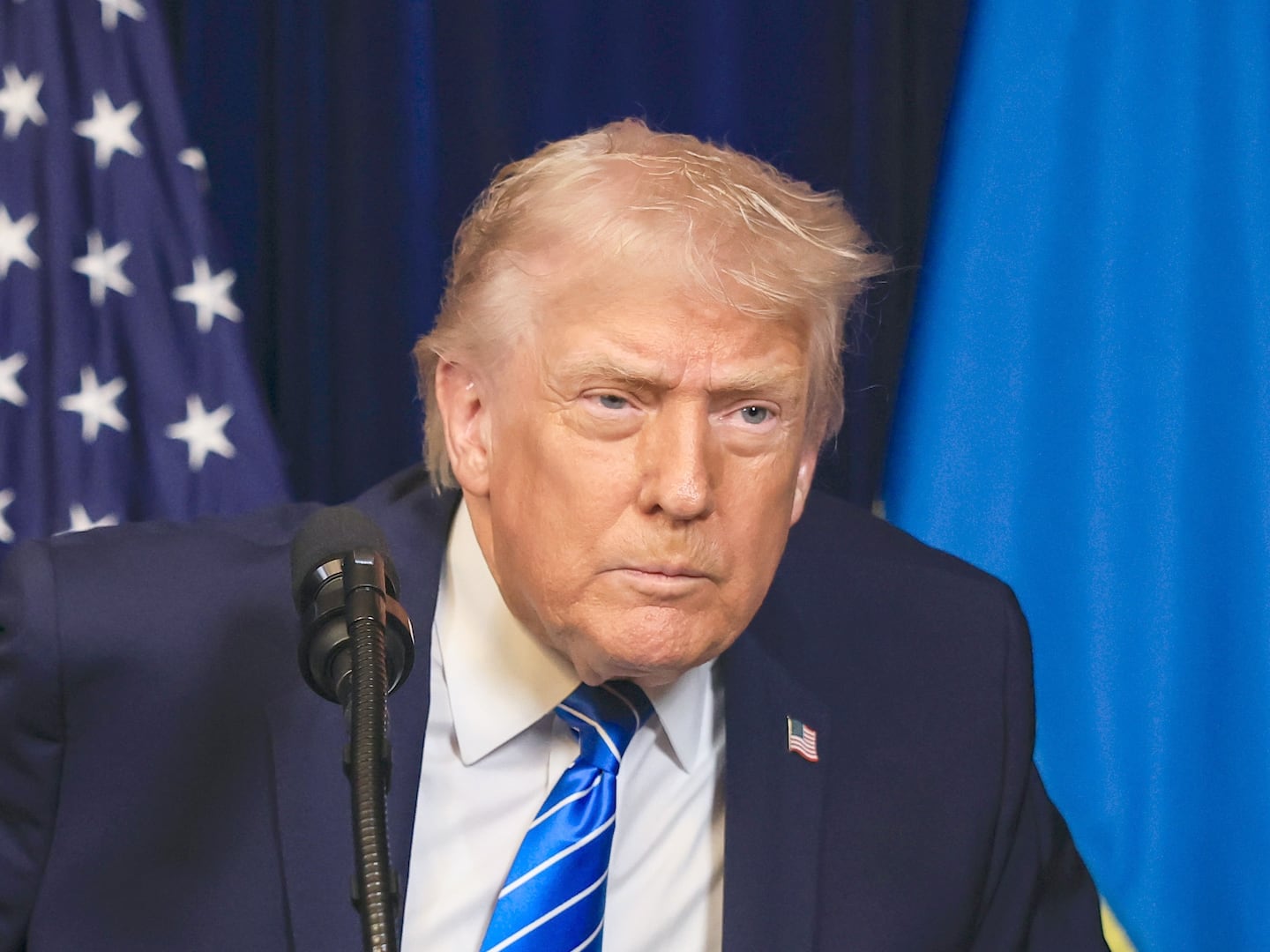Panic and obsession over women’s body image prevailed in France on Thursday with the passing of a new law that criminalizes “thinspiration.”
The law targets pro-anorexia websites and online content and punishes content distributors for “provoking people to excessive thinness” with a 10,000-euro fine and up to a year in prison.
It comes at a time when the country is cracking down on the fashion industry for turning a blind eye to the runway parade of protruding collarbones and gaunt faces.
Last month, France dropped a longstanding proposal to ban underweight models from the catwalk, since it violated the country’s employment discrimination laws.
The same ban would have fined modeling agencies 75,000 euros if their models failed to cooperate with routine BMI checks or if they booked a model whose BMI was lower than 18. (In the U.S., anything below 18.5 is considered “underweight.”)
Deputies who voted to implement the new ruling on Thursday—an amendment to the current health law—argue that it will help curb anorexia rates in France, where an estimated 40,000 people suffer from the eating disorder.
They took aim at social media sites like Instagram and Tumblr, where some users post images and memes that glorify thinness and reinforce body dysmorphia.
But how will France police the ubiquitous thigh-gaps, thinspo hashtags, and “nothing tastes as good as skinny feels” memes?
What qualifies as “provoking people to excessive thinness” and “encouraging excessive dietary restrictions” on fashion and lifestyle websites? Will the law extend to the mainstream? And how will censorship cure society of its pro-anorexic tendencies?
Indeed, the new amendment raises myriad other issues beyond the mechanics of enforcing it. It suggests that society cannot regulate itself; that we have conformed to unhealthy standards of beauty and can only survive if the government steps in.
And yet it’s unlikely that slapping conformists with fees will change their minds. Nor will throwing mentally unstable people behind bars treat the psychological issues plaguing them.
Those who voted for the amendment may have good intentions, but there’s little evidence that legal punishment will affect how individuals—let alone society at large—respond to the proliferation of body-negativity online.
A 2013 report (PDF) from France’s National Center of Scientific Research concluded that most people who gravitate toward and disseminate “pro-ana” content online already suffer from an eating disorder.
And even those who seek out these social networks with a self-destructive agenda often come away with support.
The new law may end up hurting the very people it’s trying to protect. At the very least, it perpetuates panic about the dire straits of female body image. And the last thing we need is an alarmist call-to-arms for ever more policing of women’s bodies.






